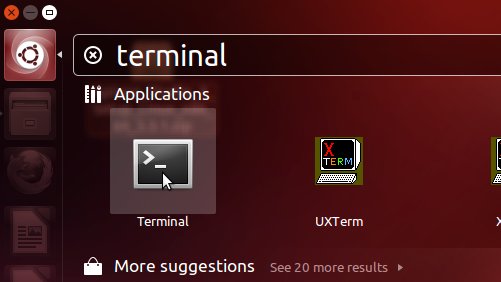How to Clean Up Ubuntu 14.04 Trusty LTS Linux
The Tutorial shows Step-by-Step How to Find and Clean Up Manually from Garbage your Ubuntu 14.04 Trusty Tahr LTS desktop/server GNU/Linux.
The Process Make Use of an Amazing Command Line Tool for Unix-like Systems: NCurses Disk Usage.
After Execution this Tool will Show Up a Directory List Ordered by Disk Usage Size that will Make your Garbage Collection a Summer Breeze ;)

-
Open a Shell session
Ctrl+Alt+t on desktop
(Press “Enter” to Execute Commands).
In case first see: Terminal Quick Start Guide.
-
Installing NCurses Disk Usage Tool.
sudo apt-get install ncdu
-
NCurses Disk Usage Collection.
ncdu /
Best to disconnect the unworthy Disks before Collection…
You can also specify another Target start Directory like for instance the “home” directory.
-
After Navigate/Drill into Directories to Find Trashes.
-
Move Up-Down by Arrow Key
-
Drill Up-Down by Enter Key (To Drill Up select the Top “../” Choice)
Take Note of the Garbages Directories Locations…

-
-
Instructions on Cleaning Up Space.
- Be Sure that the Target is truly Garbage.
- Triple-Check your Command before Execution! (You’ll not be able to Revert the command.)
-
Deleting the Garbage.
For Directories:
sudo rm -rf /[path/2]/myGarbageDir/
For Files:
sudo rm /[path/2]/myGarbageFile
How to Install Google-Chrome Web Browser on Ubuntu Linux
SetUp Chrome on Ubuntu.
How to Install Evernote Clone on Ubuntu Linux:
SetUp Evernote on Ubuntu.
How to Try the VMware Workstation 12 on Ubuntu Linux:
VMware-Workstation Pro 12 for Ubuntu.